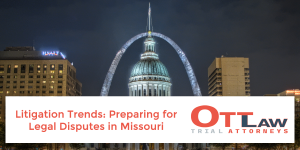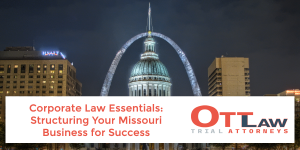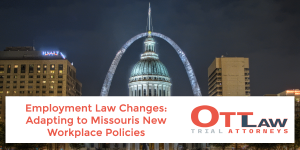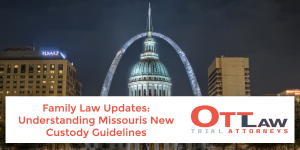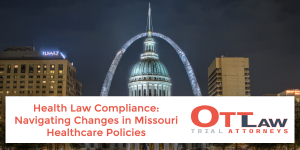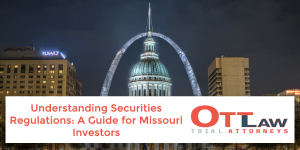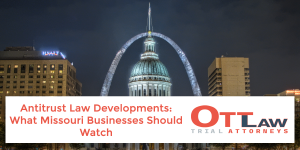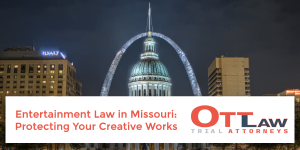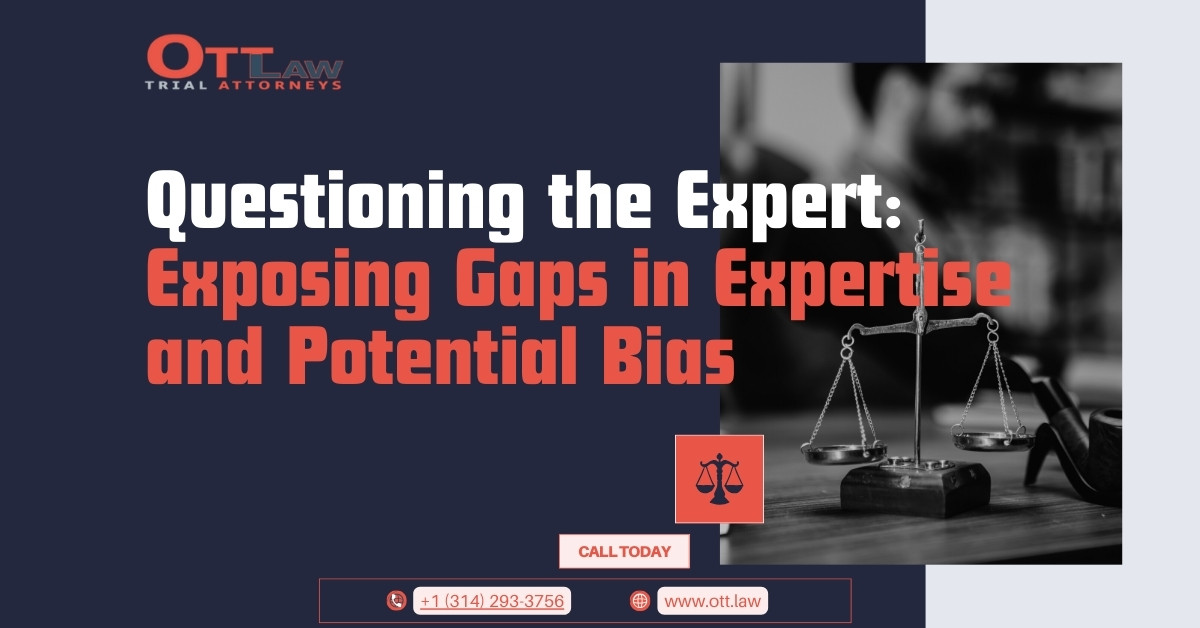In legal battles, especially those related to medical issues, expert witnesses play a crucial role. Their credibility and the veracity of their claims are paramount. Hence, it’s crucial for attorneys to meticulously evaluate the credentials and potential biases of these experts to ensure that they provide accurate and reliable testimonies.
The Role of Expertise and Potential Bias:
Expertise: The depth and breadth of an expert’s knowledge and training can significantly influence the reliability of their testimony. Some vital areas to explore include:
- Field-specific certifications: The presence (or absence) of board certifications in specialties can elucidate the expert’s qualification level.
- Hospital privileges: Privileges indicate hands-on experience and the respect an expert commands in the medical community.
- Clinical experience: In-depth knowledge from treating patients can provide practical insights that mere academic qualifications might miss.
Bias: Bias, intentional or not, can compromise the impartiality of an expert’s testimony. Possible areas of bias to probe include:
- Financial bias: Financial motivations, such as receiving significant compensation for expert testimonies, can influence opinions.
- Professional bias: Holding specific controversial views or siding consistently with one party (e.g., defense or prosecution) can indicate professional bias.
Challenging Expert Testimonies:
Cross-examining an expert witness is crucial. Lawyers can employ several strategies:
- Explore gaps in expertise: Delve deep into their qualifications, training, and experience.
- Question their direct experience: It’s vital to determine how often they treat patients, perform specific procedures, or handle relevant equipment.
- Unearth potential conflicts of interest: This includes financial relationships, research funding, or past affiliations that could sway their opinion.
- Probe their understanding: A well-rounded expert should have a comprehensive understanding of the topic at hand, from the basic anatomy to the latest research findings.
Conclusion:
Expert witnesses play a pivotal role in shaping the outcome of legal cases. While their insights are invaluable, it’s essential to rigorously examine their credentials, experience, and potential biases. Properly vetted and credible expert testimonies ensure that justice is served.
References: [112] “Post Traumatic Anosmia and its Connection with Orbital Frontal Cortex Damage,” Dr. E. Blackwood, Neurology Journal, 2018. [113] “Cranial Nerve Damage Post TBI: A Comprehensive Review,” Dr. A. K. Thompson, Journal of Traumatic Brain Injury, 2019.

